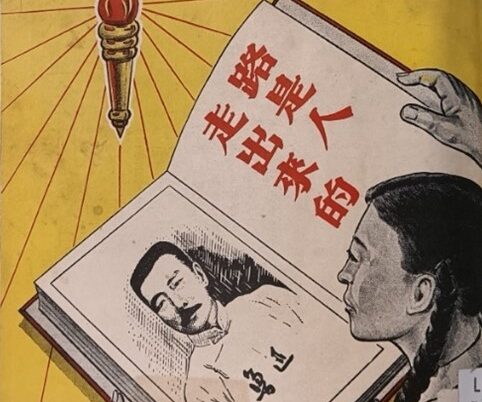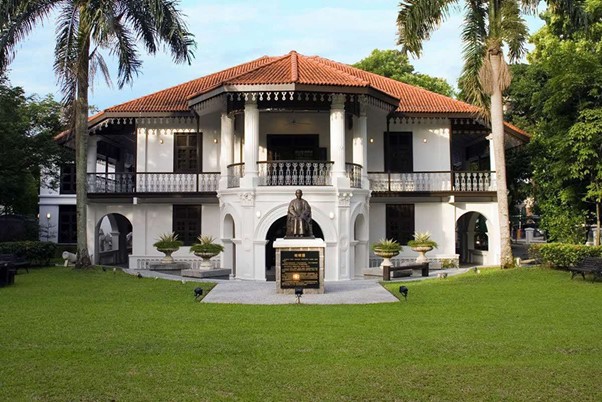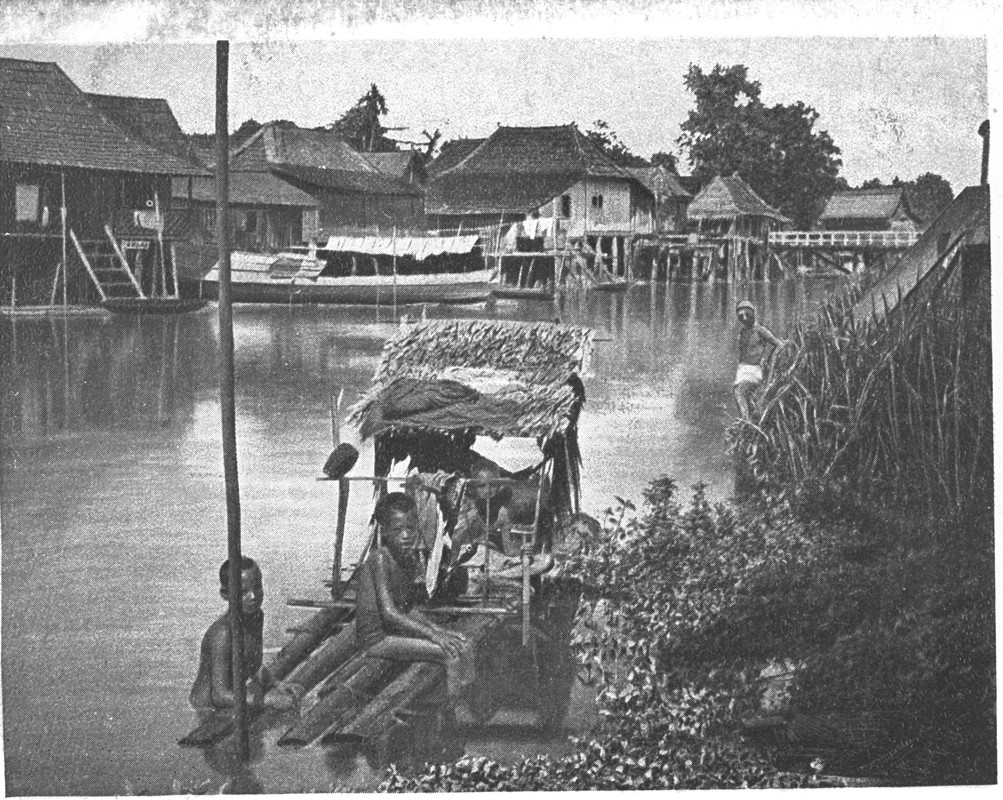Qiaopi: Remittance letters from Chinese migrants
Qiaopi refers to a letter with a remittance sent back to the family of a Chinese migrant working abroad. These were sent through privately-operated remittance bureaus, and often had these characteristics:
- Most of the time, they were addressed to the elders or sons in the family
In the early days, most Chinese migrants were male. They would go abroad alone to earn a living, and accumulate money to send back to their hometowns to support their families. Women, children and the elderly often remained in the hometown. In addition, traditional Chinese values placed importance on seniority and male members of the family over females, so over 60% of qiaopi were addressed to paternal grandparents or parents, and predominantly to the men. If women were to receive the qiaopi there would also be strict adherence to status, taking into account seniority and patriarchal bloodline. If the paternal grandmother was alive, one would not address it to the mother. If the mother was alive, one would not address it to the wife. Even one’s young son had more rights to receive the qiaopi than the mother.
- The writing was mostly neat and tidy
During those early days, many of the migrants generally were not highly educated — most were illiterate or semi-illiterate. When they made their remittances, they would only write the date and the amount. There emerged a group of more educated people who were able to help the migrants write simple letters, or assistants in the remittance agencies who would help them to write a message for free. In Singapore, professional letter writers would sit at a small stall by the road. They would be equipped with a small table, paper, brush, ink, as well as a stool. The small stalls would often be at the five-foot ways of shophouses, under the shade of a tree, or at the base of a wall. The letter writers would charge three to six cents per letter, depending on how long it was. The letters they wrote were often neat and tidy, included some calligraphy, and were in a set format, using polite language to respectfully ask after the family.
- Qiaopi came with money, and often other items, too
In most instances, accompanying a letter would be a remittance to help with family expenses and education for the children. However, in some instances, the Chinese migrants would also send some items that could not be easily procured in their hometown, for example flour, western medicines, or new styles of clothing and fabrics.
- It reflected characteristics of a particular dialect group
The Chinese who emigrated to Singapore were predominantly Hokkien, Teochew, Cantonese, Hainanese, and Hakka. The qiaopi of the different communities would often contain specific words and phrases unique to those dialect groups. Often, migrants would seek out a letter writer who spoke the same dialect as them to write their letters. The Chinese migrants would go to a remittance agency operated by their own community to send their qiaopi back to their hometown.
The qiaopi shed light on the economics, society, culture and politics of the time. In acknowledgment of its cultural and historical significance, it was included in the UNESCO Memory of the World Register in 2013.



Preserving ties
Qiaopi helped connect relatives across the sea. These were some of its important functions:
- Maintaining kinship ties
In the early days, the migrants were often men who had left their parents, wives and children behind in their hometowns. Although it seems they were not present in the everyday lives of their families, their influence as the head of the household remained. They men would often remit money to their families at regular intervals, which made them the main financial pillar of the family. Not only that, the qiaopi would often indicate their decisions on family matters.
Some of the men who migrated and left their wives behind would marry another wife and have children in their new country. However, they would also maintain their relationship with their wives and children in their hometown. This led to the phenomenon of early Chinese migrants “heading two families”. Some of the wives who remained in the hometown had not borne any children because their husbands were abroad for a long time. As a result, they would adopt children so they would have someone to care for them in their old age.
- Continuing folk customs
Various folk customs and habits practiced in the hometowns of the migrants were brought along with them when they moved abroad.
For example, many women in the coastal villages of China had long been worshipping deities, and commonly sought counsel from the gods and divination. Some of those women who were working abroad would, through qiaopi, ask family elders in their hometown to seek divine counsel on their behalf on matters pertaining to their children.
Ancestor worship was another folk custom practised by people in coastal villages of China. The qiaopi would often indicate that some of the remittance be used for ancestral worship.
- Supporting children’s education
After the Chinese migrated abroad, they were influenced by the more advanced standards of education in the new country. In addition, their economic situation was slightly better than the average family back home, which meant they could afford to give their children an education. In the qiaopi, they would often discuss matters relating to education. Some of the amount remitted would also have been set aside for their children’s education, which in turn helped make their families more cultured.
Through qiaopi, the Chinese migrants could receive timely news about their families back home, and even help arrange family matters. This enabled them to “live both abroad and in their hometown at the same time”. Within each qiaopi is the story of a Chinese migrant going abroad to make a living — a piece of history of an ordinary person with no place in the official history.
This is an edited and translated version of 华人移民与侨批. Click here to read original piece.
Benton, Gregor and Liu, Hong. Qinai de zhongguo: yimin shuxin yu qiaohui [Dear China: Emigrant Letters and Remittances (1820–1980)]. Shanghai: Dongfang Chuban Zhongxin, 2022. | |
Benton, Gregor, Zhang, Huimei and Liu, Hong, eds. Chinese Migrants Write Home: A Dual-Language Anthology of Twentieth-Century Family Letters. Singapore: World Scientific, 2020. | |
Li, Meiyu. Money by Mail to China: Dreams and Struggles of Early Migrants Exhibition Catalogue. Singapore: National Library, 2012. For an introduction on the exhibition: Li Meiyu, Money by Mail to China: Dreams and Struggles of Early Migrants, BiblioAsia, Oct–Dec 2012. | |
Wang, Weizhong, ed. Shoujie qiaopi wenhua yantaohui lunwenji [Papers from the inaugural seminar on migrant remittance]. Shantou: Chaoshan History Culture Research Center, 2004. | |
Zhang, Huimei. “Baixing shiye xia zhi huaqiao: qiaopi suojian zhi chaoan jinshi longgexiang chenshi” [Overseas Chinese through the perspective of the people: remittance by the Tan Family from Chaoan Jinshi Longge County]. Chaoxue yanjiu [Research on Teochew] 10 (2004): 278–299. | |
“The Earliest Remittance Centres: Letters with Money”. Online blog post from Bukit Brown Cemetery: Our Roots, Our Future, 6 August 2013. |










